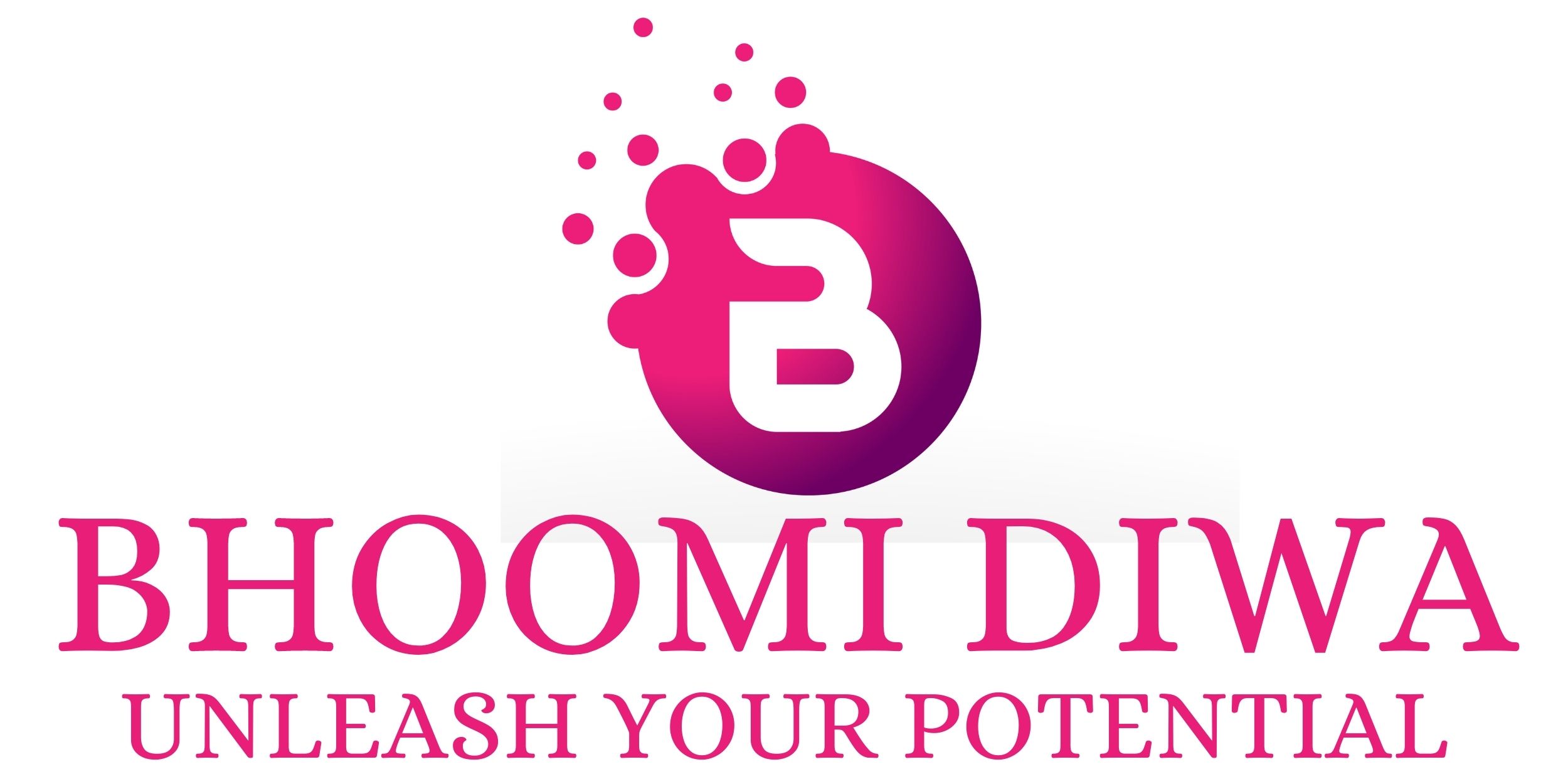The Story Behind It
As a leader, one of the most important tasks we have is to have the Art of having difficult conversations. And the best part is everyone is a leader in their own personal life atleast if not otherwise

By BHOOMI DIWA
As a leader, one of the most important tasks we have is to have the Art of having difficult conversations. To add more complexity to it, we have a habit of judging ourselves for what we intend to do and others for what impact their behaviour has on others. And as a leader, we can’t let someone’s behaviour impact the culture, performance, and productivity of our teams at risk. Before we move forward, I always consider the leader as an orchestrator, one who is not playing the instrument himself, everything has its sheets to follow through but still with his guidance everybody is synchronized to achieve a better-coordinated music output. Once you have this definition next part of the conversation will fall into place.
“The first responsibility of a leader is to define reality. The last is to say thank you. In between, the leader is a servant.” ~Max DePree
Once you are an orchestrator, you want to hone the skills of people and take them to next level. This involves giving constructive feedback at right time or sometimes this can turn into having difficult conversations. If not, down properly it may lead to initiating shutdown triggers in someone so the art of choosing the right words in tough conversations will be the key to your leadership, be it personal or professional.
““Telling someone to change makes it less rather than more likely that they will.”~ Douglas Stone
But what if we reframe the conversations from a neutral stand up rather than labelling them as difficult conversations? For example, instead of thinking about negative feedback but think the conversation as constructive feedback for the development of the individual, your discussions will be easy and you are keeping yourself in a positive frame of mind. Once you have taken the high road, remember to be mindful during the conversation, no distractions are allowed and just focus on the other person while being open and compassionate about the other person. They might have a perspective or situations you may not be aware of. So give them space to explain their stance and situations. While you are there to give some feedback, ask them how they want to improve the situation and involve them in a solution rather than looking for a particular outcome of the situation. let them speak and try the art of active listening throughout the process. We have two ears and one mouth for a reason. Your words and non-verbal actions should be in sync so that other people can trust that you are coming from a genuine space. This will be a win-win for both of you.
“Difficult conversations are almost never about getting the facts right. They are about conflicting perceptions, interpretations, and values.” ~ Douglas Stone”
But imagine midway through the conversation you realize the conversation is not going in the right direction, learn to take a pause. Not all conversations will have a happy ending. Sometimes pauses and breaks are important during the conversations but looking after yourself and having pauses are a must after such conversations. If required involve some people who can be trusted by both of you.
Last but not least,develop a practice to have a mechanism to cool off at the end of the day and especially after such conversations. I tend to immerse myself in dance and let go of any emotions. Find the one thing which helps you forget everything else.
P.S.:- Finding things that you are passionate about will be another topic for the blog but for now start with small steps of having some interesting and eye-opening conversations



Recent Comments